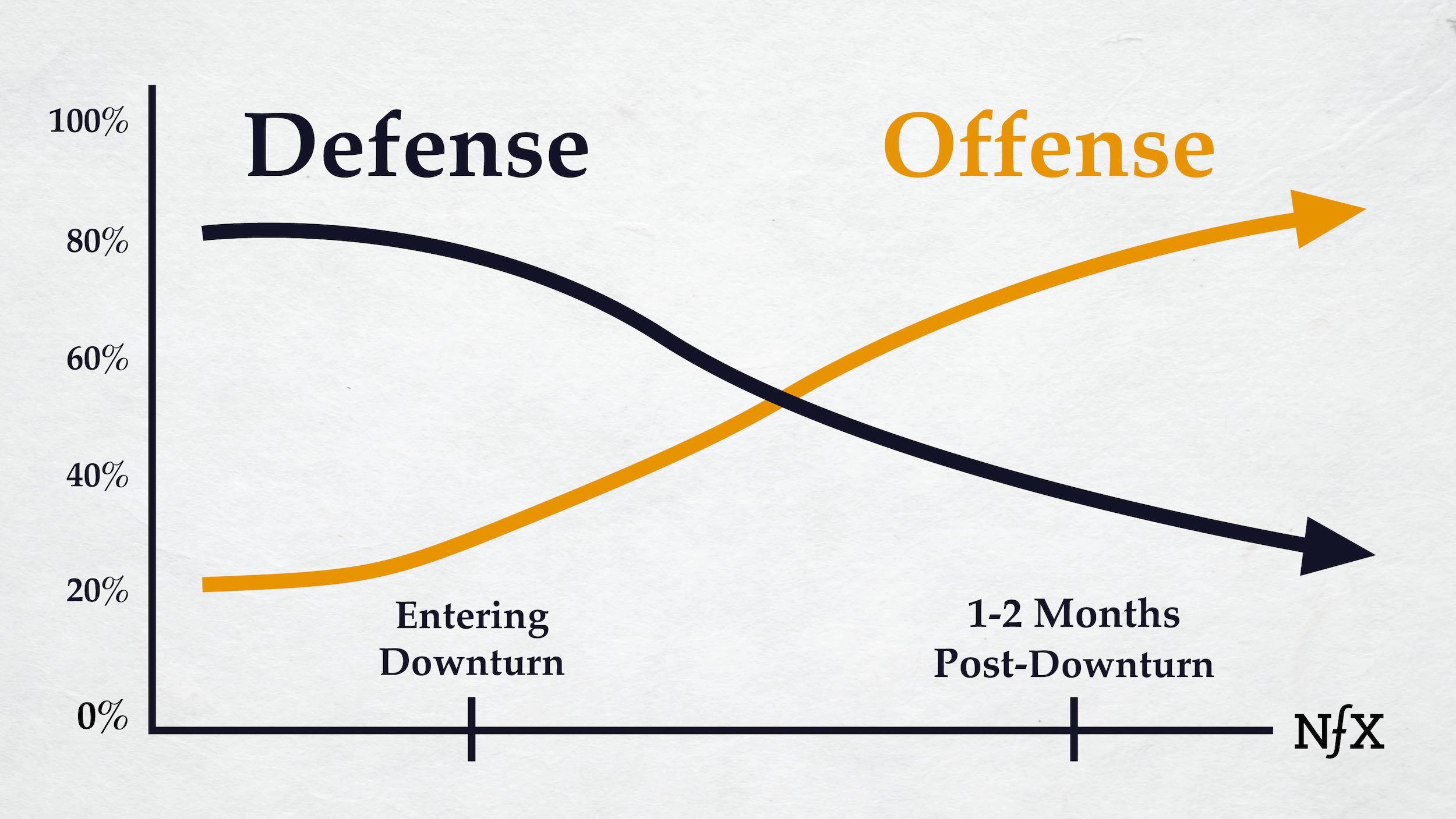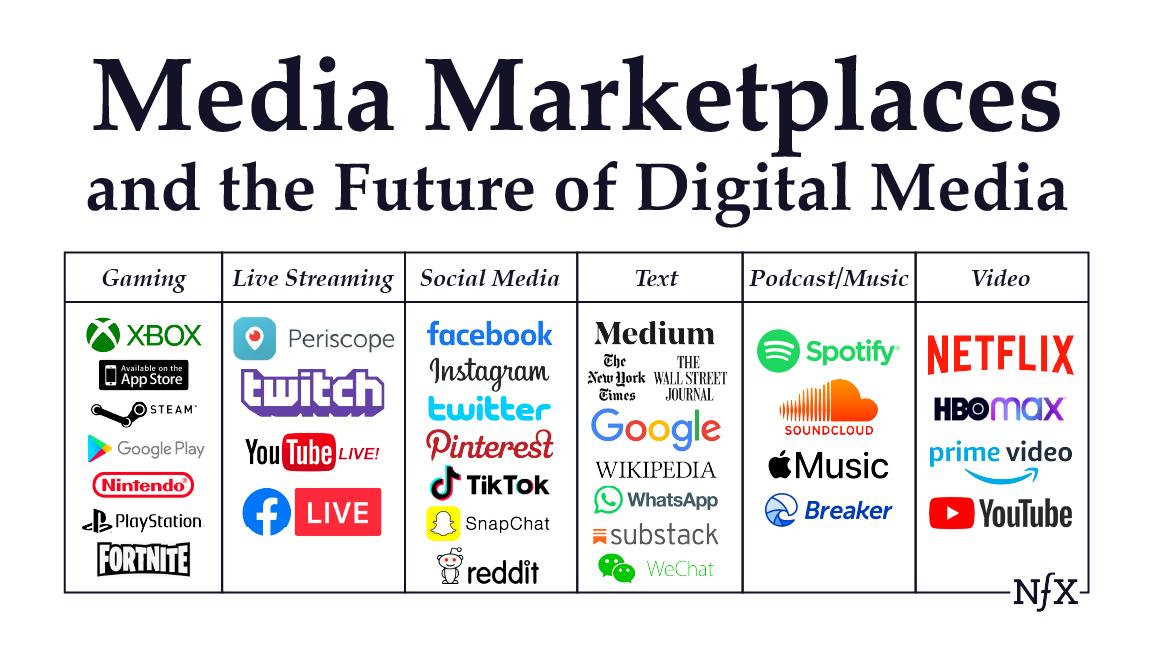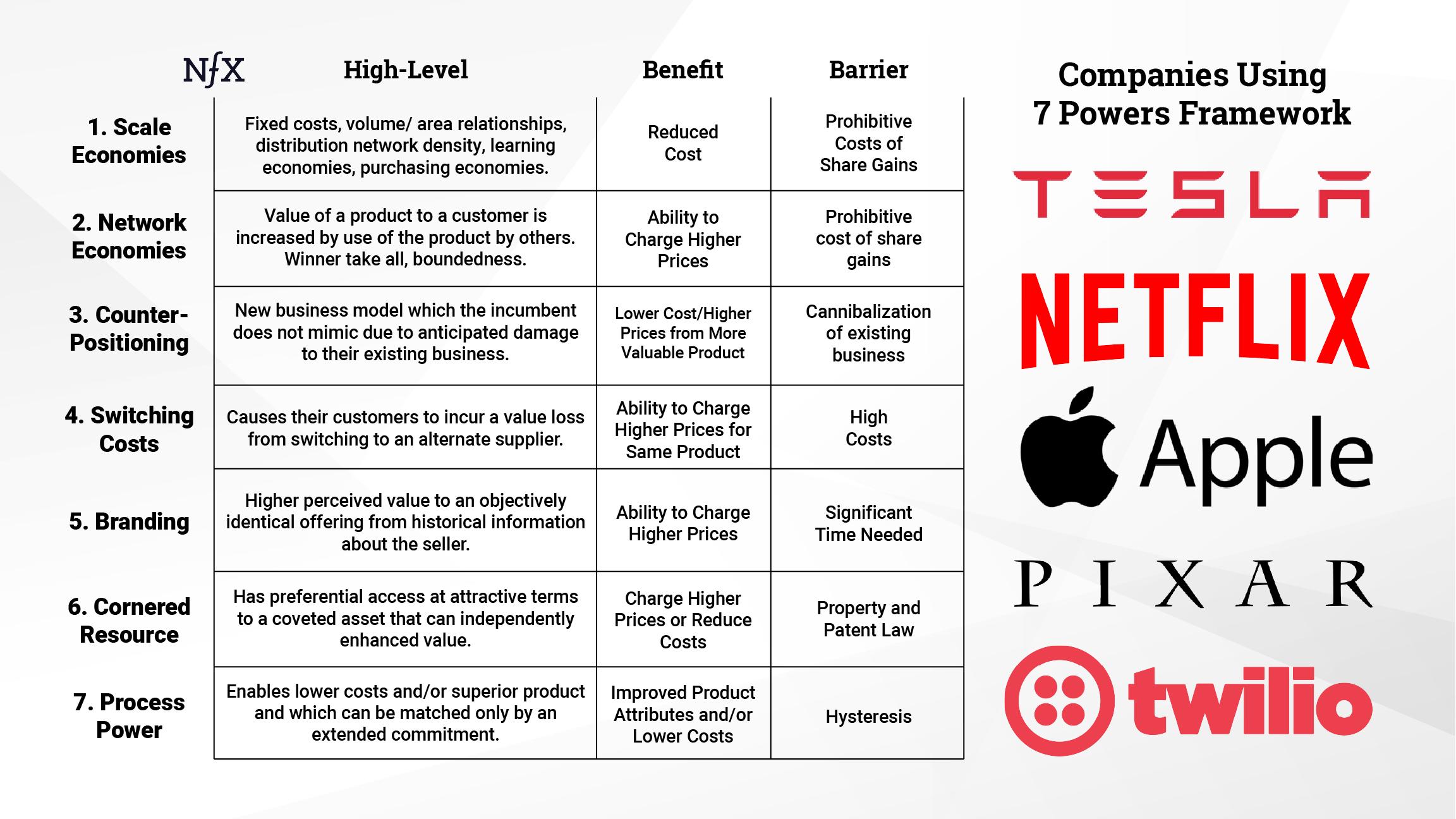

If you follow the wisdom of the masses, it’s easy to fall prey to thinking that the days of operating with a “unicorn mindset” are over. It would seem that now you need to be a camel instead and hunker down to play defense, as Founders are mostly being advised to conserve — to cut back, cut down, cut burn, and be slow. This, of course, has some truth in it.
But iconic companies are not created from a camel mentality, nor from slowing down or avoiding risk. To build something meaningful in a market that is simultaneously more perilous and more advantageous than any we’ve seen, you need to understand the task ahead and up your game.
In truth, there is no such thing as a simple breakdown of a “wartime vs. peacetime” CEO. It is a popular and useful analogy among Founders, to be sure. But without context, it implies these are different modalities for different economies, or worse, that the Founder-CEO is a temporal role.
My partners and I have started 10 companies that exited for >$10 Billion and we’ve found time and again that top Founders quickly learn that real life is not an “either-or” scenario — it is both. Often on the same day, sometimes hour-to-hour. You must play defense as the common advice dictates, but you must also play more and more offense as your defense strengthens.
This rapid context switching between defense and offense can take years to learn and decades to master. But you as Founders do not have that time. This is a guide to get you there, fast.
Note: This is Part III of the Founder’s Guide to Surviving & Thriving in Downturns (E-Book). It is preceded by:
Part I: The Psychology of Founders Who Win in Downturns
Part II: 28 Moves to Survive (& Thrive) in a Downturn
Top Founders Embrace Dual Modalities
Top Founders quickly learn the duality of leading companies through tough times. This is not just true for a financial downturn —every crisis and even every problem in a company requires you to switch between two modalities— the “Defense” and the “Offense.” I like to think of these as hats because it’s almost as if you are switching outfits, switching roles. In this guide, we mostly refer to the current COVID-related financial crisis, but you can adjust it to any industry-wide crisis your company is facing — be it the launch of new regulation or a platform changing its guidelines and impacting your business.
The Defense Hat is the one you put on immediately after a crisis hits. This hat helps you figure out what to do to survive. In a financial downturn, this means what costs to cut, who must be laid off, how to change strategy, and how to extend runway. Anything that helps conserve the company’s resources.
When you wear the Defense Hat, you focus on not losing. You have to wear this hat because if you don’t find anything else to help you grow out of the crisis, your defensive moves are what will keep you alive. Right now, this is the bulk of advice Founders are getting.
But the Founders who emerge stronger post-crisis exhibit a calculated duality. Every day, for some portion of the day, they flip a switch and put on the “Offense Hat.” To do this, you need to shift your mind to a laser focus on winning. Your mantra here is, “In a world of unlimited thinking and no restrictions, how do I come out of this crisis as the winner?”
The Offense Hat is the one you wear to think through ways to make bold moves and double down when others are pulling back. The Offense Hat is what you wear to empower you to take advantage of competitors’ weaknesses and do things you might not otherwise do to gain market share, open a gap from the competition and strengthen your startup.
When you wear the Offense Hat you remember that competitors are wearing their Defense Hat and as such will cut down costs, will deliver less on their product, will be less felt in the market and will generally be slower. They will also probably not get funded the way they would before the crisis. They will be conservative. They won’t make big bets. What better time to be on the offensive?
When wearing the Offense Hat, you need to constantly ask yourself questions like:
- What’s my biggest advantage?
- What are my abilities to grow now faster than before?
- What are my competitors not going to do that I can?
- What will they cut out that we should continue investing in?
- Where will customers struggle because of the crisis?
- Where will customers be upset by competitors’ changes?
- What can I do to take advantage of this?
- In what ways should I actually be 2x as aggressive as I normally would?
- How can we come out of this crisis 10x better?
- If you raised enough — what can we do that our competitors who did not raise money cannot do?
- And in general — what can I do to take advantage of this crisis and run forward faster?
The Psychology of Playing to Win vs. Playing Not to Lose
Before you take action, it is imperative to understand that playing to win is first a psychology, a mentality — not just a business strategy. It is the state of mind we look for in Founders. Founders who make a dent don’t start companies to survive. They start companies to win.
In a downturn, the psychology of playing to win means:
- It’s better to take risks in downturns to grow faster and build a wider gap.
- It’s rational to spend more on the future now when few others can.
- It’s wasteful and inefficient to just play safe and then spend more when everyone else is spending more as well, diluting the value of your resources.
So this is not about disregarding advice and being happy with 6 months runway… This is about deciding what you do in the extended runway you achieved by wearing your Defense Hat. And then about accelerating when the work you do with your Offense Hat is giving you a competitive advantage.
Instead of playing to win, I see some Founders just cutting and going into hibernation. But the reality is, if your business is hurt so badly that you need to go into a long hibernation, maybe it’s time to find a new idea. Maybe your idea was not strong enough to survive a crisis like this one. I know that is a hard thing to accept, but it is better to live in reality and move on to your next idea.
Simply put, if you aren’t seeing the opportunity to win through offense in this new economy, if all you can do is lower your head and survive, your opportunity cost of starting anew is higher than staying the course. We believe this is not the case for many startups, and for those playing offense now is key.
How to Switch Modalities in the Same Day
In “The Hard Thing About Hard Things,” Ben Horowitz talked about “War-Time” and “Peace-Time” CEOs. This is a useful framework. But as we said before, Founders who emerge stronger post-crisis must learn how to be both a War-Time and a Peace-Time CEO on the same day and easily switch between the two multiple times per day.
The level of difficulty in doing this cannot be understated. It’s almost like you must have two personalities. You are spending 80% of your time in really tough conversations about layoffs. Then you must turn around and take the other 20% of your time thinking about how to win.
You can’t go into the cost-cutting (Defense) meeting thinking about how to win because then you won’t have the fortitude to make team cuts which are essential to the company’s survival.
You can’t go into the growth meeting (Offense) thinking about how not to lose because that limits your thinking and your imagination.
This can’t be a passive switch, either. It doesn’t just happen. You need to design mental and physical cues to flip the switch and create ways that your brain can easily recognize. In running tech companies both in 2000 and 2008, I used to literally go to the bathroom and splash cold water on my face to ‘reboot’ and change hats. I also used to wear my favorite “high-energy” clothes during the times I needed to play more offense.
While you are context switching, you also have to be sensitive to the psychological state of your team. For example, it’s a big mistake to play heavy offense immediately after you lay off team members. This is especially true if offense means making decisions to increase spending in any way. You can’t expect your team to put on the Offense Hat after a bunch of bad news. But over time, you can switch them from a defensive to an offensive mindset.
The key is understanding when and how much.
Calibrating the Timeline: When & How Much Defense vs. Offense
Even as you are cutting back and saving your company, you should reserve a little of your time and your day to think about how to get back on Offense. In this early recovery period, it should occupy only 20% or less of your time. It’s too early to push hard for new Offense moves but you should be thinking about them already.
As you get to the point where you have reset the company, staffing levels, and spending, then you should dial up the percentage of time and effort you put into Offense to a steady 20% and then to 50%.
A month to two after reset, you as the Founder should be barely thinking about Defense. That course is set. You made your defensive moves. Now you should be thinking mostly about Offense, spending 80% of your time and energy there.
Getting your team to switch from Defense to Offense is tricky. Founders will be ahead of their teams on this. So when the CEO’s Offense-to-Defense balance is at 50-50, the rest of the team will still be at 40-60 or 30-70. And the more senior the person is, the closer his balance should be to the CEO. This is OK and to be expected. But it’s your job to nudge them towards Offense. You should speak truthfully to your team about the need to make the shift in their minds, and the need to play to win. They should understand that the company —and they— will win if collectively, over time everyone makes the switch to more and more Offense. (On a related note — if you have done your downsizing right, the team that is left is the one that will be with you for the long haul and should not fear thinking Offense over Defense.)
Another approach if there are two or more Founders is to entirely offload Defense to your co-founder so she or he can have a clear focus on Defense and you can focus 100% of your time on Offense. In some unique cases, where Defense takes heavy lifting it can even be the other way around. You may also want to designate an “Offense Team” inside your startup. As a CEO in crisis times, we often have picked a few key employees, shielded them from the painful aspects, let them skip the difficult meetings, and encouraged them to only focus on Offense. We told them they had a clean slate. Their job was to think of the best ways to accelerate growth and take advantage of our strengths during this crisis.
17 Questions To Ask Yourself On Playing Offense In A Downturn
In my time as a Founder playing Offense during a crisis, I developed a list of questions that I would ask myself and those on the team playing Offense. This is not an exhaustive list, but it’s a good starting point. Very often the best Offensive moves are obvious when your focus is clear and when the bets you place matter the most.


I customized my list slightly for the current crisis where everyone is working remotely. But most of these questions are evergreens that apply to any crisis:
- Is marketing cheaper and better now with better returns so I can do more of it?
- Is my ARPU higher in the current environment so that I can increase my marketing spend and grow market share?
- Is my target audience more available? If so, should I increase sales investments?
- More of my customers are now remote. We used to do in-person meetings. Remote meetings are more efficient. So can we do a lot more sales meetings?
- Should I change my pricing and payment plans to emphasize longer contracts (which can create more reliable, better cash flow)?
- Can I recruit better people now than I could before?
- Since we are now comfortable working remotely, can I recruit more high-quality remote workers that will let me grow faster at a lower price?
- Can I supercharge my product now? Can I make improvements that would create a big gap between our product and our competitors’ products?
- As customers may be more available, maybe it’s a good time to collect more in-depth customer feedback which will lead to product improvement?
- Can I use marketing to create a wide awareness and presence gap between less-funded competitors or slower-moving incumbents and my company?
- Will my customers be more available and willing to amplify my brand and service now because they are more attentive?
- Can I look at organizational issues in my company and solve them more effectively? (Assuming that everyone in a startup during a crisis tends to be more focused on survival, more willing to work hard to get along and more open to trying new things.)
- Can I buy a competitor or an adjacent company to grow my customer base, improve my engineering team, or augment my product offerings?
- If I am community-based, can I use the current environment to supercharge my community?
- Is there a component of my product that I can give for free (or even open source) in a way that will allow me to capture market share when customers are spending less (and I can convert them to a paying tier later)?
- Are there investors that are still investing that could allow me to spend more now when everyone else is cutting? If not — maybe there are strategic investors that now would be happy to invest as their internal innovation plans are on hold?
- What can I do for my employees in these tough times that they would appreciate and increase their loyalty and connection to the company? Where can I assist those in need in a way that will achieve the same?
You Didn’t Start a Startup to Avoid Risk
With the volume of advice on cutting back and news of economic disaster, Founders may be reluctant to play Offense. It cuts against the grain of conventional wisdom. But conventional wisdom would have led you to get a safe job at a large company a long time ago.
If you are only playing defense right now, you are taking the safe route. If you are taking the safe route, you will likely not emerge from this stronger to build an iconic company.
Having the conviction and guts to make this call can set your company up for much bigger long-term success and to put you in a position of advantage when the crisis inevitably ends.
It’s time to start playing offense.
As Founders ourselves, we respect your time. That’s why we built BriefLink, a new software tool that minimizes the upfront time of getting the VC meeting. Simply tell us about your company in 9 easy questions, and you’ll hear from us if it’s a fit.


